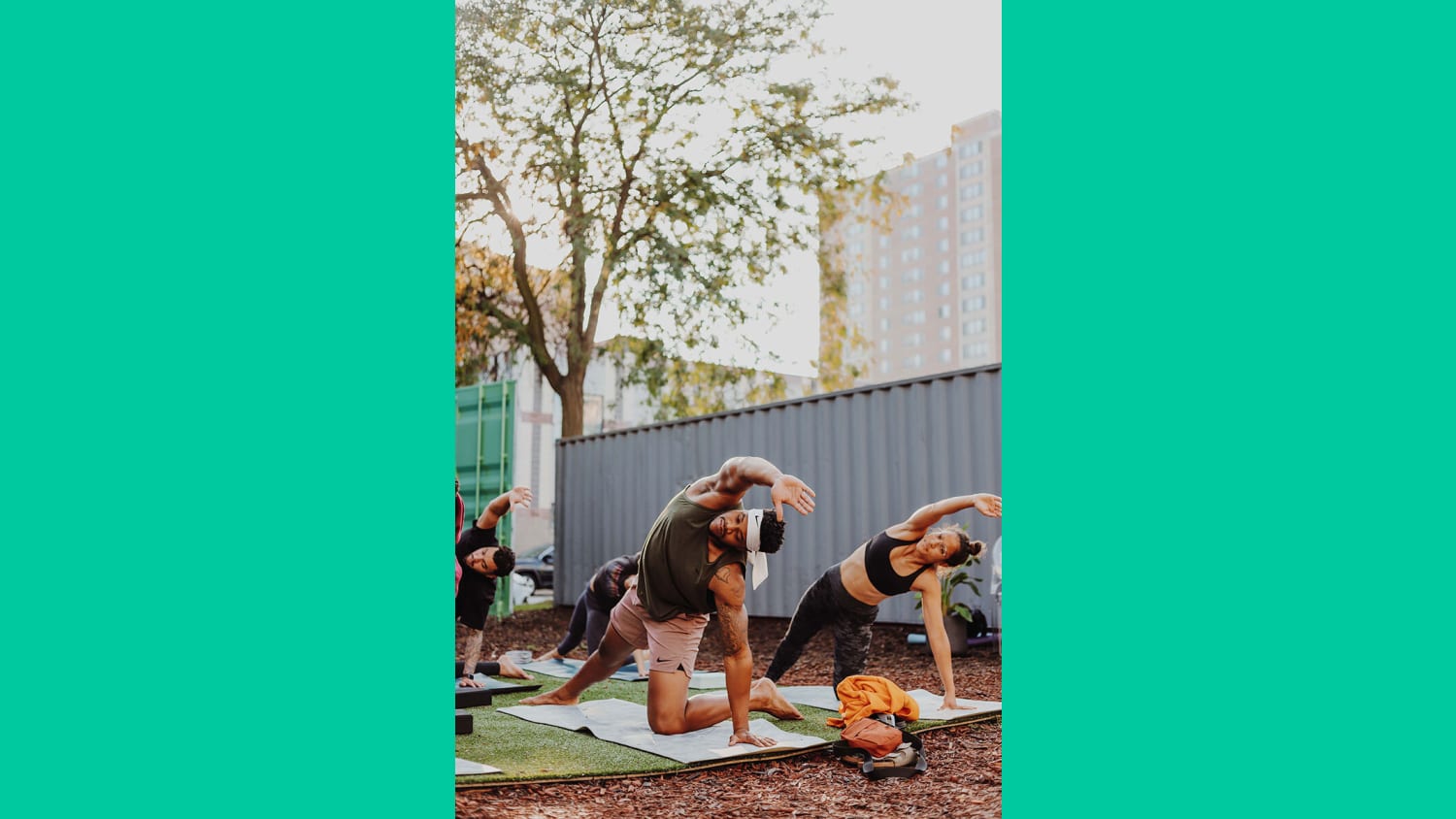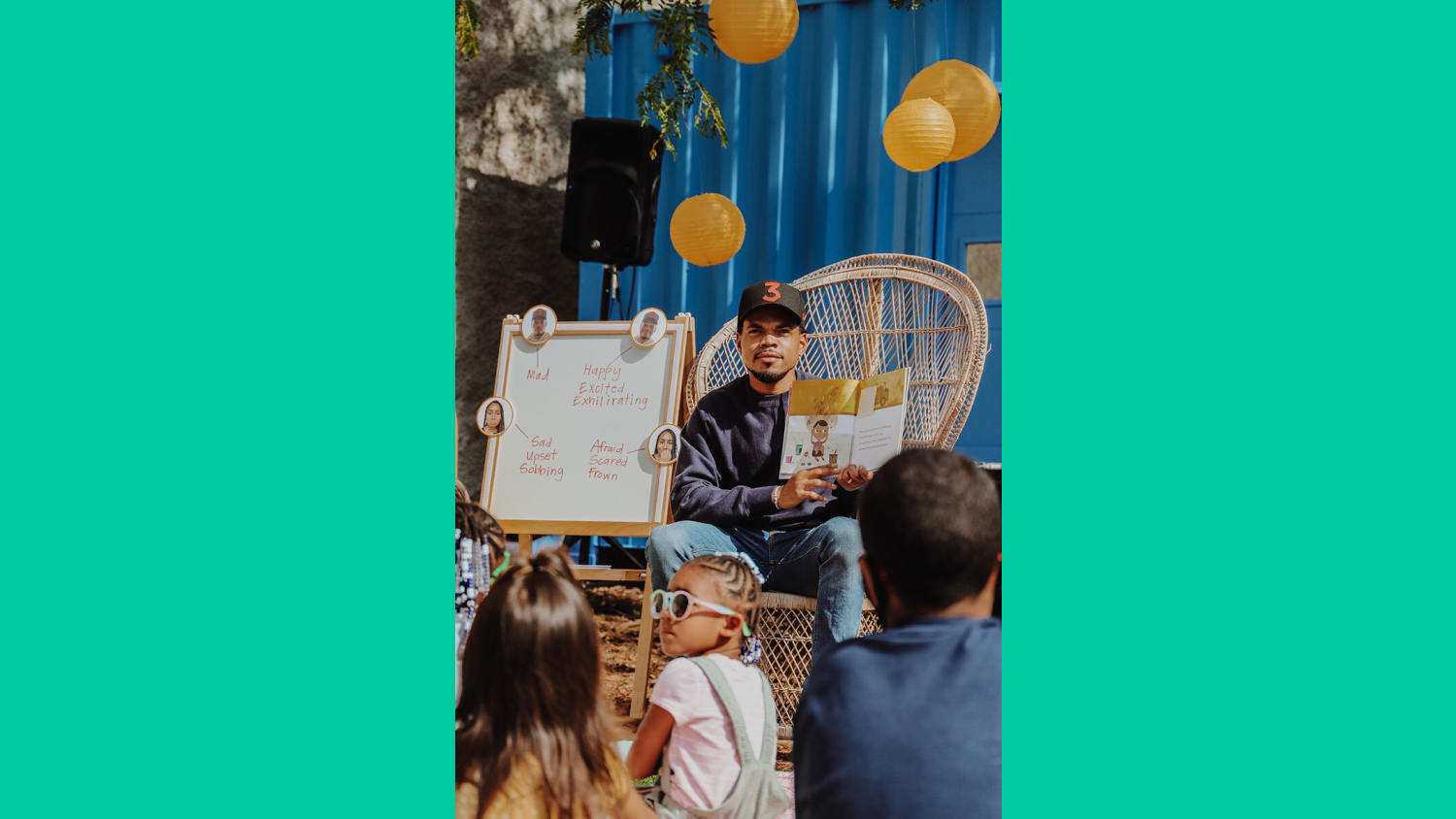Public spaces for mental health and emotional wellbeing are on the rise. According to Coa
founders Dr. Emily Anhalt and Alexa Meyer, the “mental fitness revolution will be as big as – or bigger than – the physical fitness revolution.” Now, as a negative stigma around addressing mental health dissolves, we’re starting to see emotional-recharge zones emerge.
Designated spaces for emotional check-ins are emerging in public locations around the world.

La Lloreria, or the crying room, is a public art space in Madrid currently open for visitors to acknowledge their emotions and visualize their mental health issues. The project seeks to banish the mental health taboo, reserving space for the deliberation, acknowledgement, and artistic visualization of emotional wellbeing. In October, Spanish Prime Minister Pedro Sanchez announced a 100-million-euro ($116 million) mental healthcare drive indicating a greater public focus on mental health in the country.

In October, Pinterest launched “Pinterest Havens,” an initiative the platform hopes will create “an online and offline space for community-driven inspiration.” Offline, the platform is installing “Havens: Invest in Rest,” a physical installation in Chicago that will feature physical “Pins” of relaxing imagery, immersive art, and community programming to combat burnout and encourage viewers to focus on their emotional wellbeing. The initiative will include an online collection of relaxing imagery, journal prompts, and bedtime affirmations curated by the platform’s internal mental health community, Pinside Out. Pinterest will also donate $80,000 to three local organizations – Boundless Early Education, Urban Juncture Foundation and Coffee, Hip Hop & Mental Health – to support the installation and benefit mental health initiatives outside of the platform.

In New York City, the Rubin museum opened The Mandala Lab in October: a cultural healing space designed to encourage emotional wellness and inspire connection through Buddhist principles. The museum’s Executive Director Jorrit Britschgi said the space was designed to “empower us to face today’s challenges: to widen our imagination, understand and manage our emotions, enrich our capacity for empathy, and connect with others.” The meditative space encourages visitors to explore the complexity of their emotions, address them, and transform them.
Dr. Emily Anhalt and Alexa Meyer believe people are looking to “work on their mental fitness as proactively as they do their physical fitness." These emotionally charged spaces are the playgrounds of the future: where we now run, sport and interact through physical activity in public spaces, we will also rest, meditate, and connect with others to maintain our emotional and mental upkeep in a space grounded by community.
Main image of The Mandala Lab at the Rubin Museum of Art, photo by Rafael Gamo, courtesy of the Rubin Museum of Art / Peterson Rich Office.
Please provide your contact information to continue.
Related Content

Healing cafés

